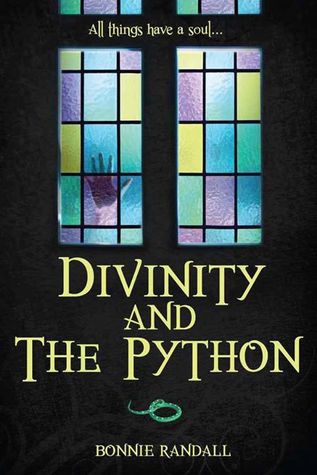This is my twelfth and final book review for the Women of Genre Fiction Reading Challenge at Worlds Without End.
 I’ve seen and heard so many glowing reviews of Ancillary Justice by Ann Leckie that I can’t possibly have anything really new to say but it’s worth repeating. This book is fantastic, the most original thing I’ve read all year, and a debut novel to boot.
I’ve seen and heard so many glowing reviews of Ancillary Justice by Ann Leckie that I can’t possibly have anything really new to say but it’s worth repeating. This book is fantastic, the most original thing I’ve read all year, and a debut novel to boot.
The main character, Breq, is especially intriguing because not only is she Breq, she’s also the ship Justice of Toren and all the ancillary soldiers that belong to the ship. In this unique perspective, you get such sentences as “My bodies sweated under my uniform jackets, and, bored, I opened three of my mouths, all in close proximity to each other on the temple plaza, and sang with those three voices.” Or this: “The tech medic went swiftly to work, and suddenly I was on the table (I was walking behind Lieutenant Awn, I was taking up the mending Two Esk had set down on its way to the holds, I was laying myself down on my small, close bunks, I was wiping a counter in the decade room) and I could see and hear but I had no control of the new body and its terror raised the heart rates of all One Esk’s segments.”
She has different scope at different points in the story, and it was fascinating to see how Breq was not the same as One Esk, but plausibly a part of it, just as One Esk was not the same as Justice of Toren, but also a plausible part of it. Despite the seemingly barbarous practice of taking bodies and replacing their original personalities with someone else’s, I never felt like it was Breq’s fault, and I enjoyed seeing the way she didn’t think twice about it for herself, but was always aware that she made other people uncomfortable.
The other intriguing bit of world building is the Radchaai erasure of gender differences. Breq is incapable of distinguishing between the sexes, and uses “she” as the default pronoun for everybody. It was fun at the beginning to see her struggle, knowing she could get into trouble by calling non-Radchaai by the wrong pronoun, but always just guessing and hoping she got it right. Later, though, there was a mind-blowing moment when a non-Radchaai starting talking to her about characters we’d already met and referring to them as “he” instead of “she.” It was jolting and revelatory, how much I had been thinking about them as women even though I knew Breq didn’t mean it that way; and then, after the initial shock, realizing that it didn’t make a bit of difference. Turns out individual character traits actually are more important than gender. I heard an interview with the author where she said that for a lot of the characters, she didn’t actually know which gender they were, which seems perfectly fitting.
Of course, the book is more than just an original character and a gender-blind society. It’s also a really great space opera, and once all the pieces of the backstory are revealed, the plot just barrels full speed ahead, keeping you guessing all the way. Don’t get me wrong; this is by no means an easy or mindless read. But it made me care, made me want to know, and any work on my part was well rewarded. There are two more books on the way, and you’d better believe I’ll snatch them up the moment they hit the (internet) shelves.

 I believe the publisher calls
I believe the publisher calls  Lavinia
Lavinia Jaida Jones was my random author pick for the Women of Genre Fiction challenge, so I went into
Jaida Jones was my random author pick for the Women of Genre Fiction challenge, so I went into  I really enjoyed
I really enjoyed